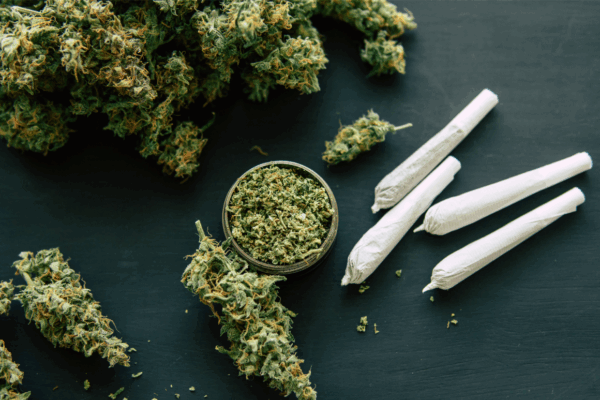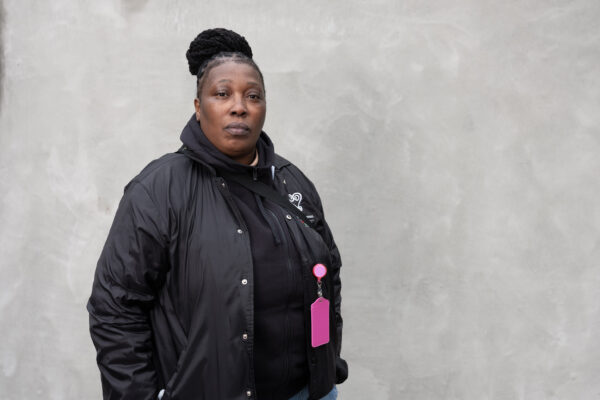In March 2025, the New Jersey Department of Health reported that for the first time this decade, overdose deaths decreased across the state from 2022 to 2023. While overdose remains a public health crisis throughout the country, New Jersey has been able to save lives in recent years by prioritizing data-driven efforts and harm reduction services.
Drug criminalization policies hurt humanity – laws based in fear and racism have perpetuated over-policing for more than a century. Drug policies in the United States have always been about targeting communities of color and using criminalization as a tool to systematically deny people their rights.
Harm reduction services are proven to reduce overdose deaths and connect people who use drugs to the treatment, support, and care they need without judgment. They are an essential public health service that provide new, sterile syringes and safer use supplies, naloxone, overdose prevention counseling, and connections to substance use disorder treatment and community resources.
New Jersey was the last state in the nation to have a legal pathway for harm reduction services. In 2021, Governor Phil Murphy signed legislation to expand harm reduction services and remove restrictions that prevented new harm reduction centers from opening. Before the law was enacted, only seven harm reduction centers operated in the state. As of August 2025, there are 53.
The path forward is clear: New Jersey must continue to adopt harm reduction policies and initiatives that prioritize public health and save lives instead of criminalizing drugs and people who use and sell them.
Policies targeting people for substance use and sale have played out the way nearly every policy in our criminal legal system has – by disproportionately harming Black and brown people. In New Jersey, Black residents are 3.3 times more likely to be arrested for using and selling criminalized drugs than white residents, despite white people doing both at higher rates. Paired with more investment in harm reduction services, ending criminal penalties for drug use is essential to stopping overdose deaths in New Jersey and around the country.
New Jersey took a first step toward a future without drug criminalization policies by decriminalizing and legalizing marijuana in 2021. Upon legalization, New Jersey created two built-in funding mechanisms for community reinvestment, promising almost 60 percent of cannabis sales tax revenue and the Social Equity Excise Fee, or SEEF, to communities most harmed by the failed drug war.
Yet last December, the government commission in charge of regulating the fee set the SEEF at an amount 12 times lower than what was initially approved, leaving millions of dollars on the table that should have been funding social equity programs in Black and Latinx communities.
Though marijuana prohibition has ended in the state, equitable community reinvestment is still needed. And the work to end drug criminalization does not end through marijuana reform alone – in fact, it is just the start. It could be a future model for the decriminalization of all drugs, a mandatory step for overdose prevention measures to succeed.
On this year’s Overdose Awareness Day, we honor the memories of far too many New Jerseyans who have lost their lives due to overdose and drug criminalization. We must work together to ensure New Jersey continues to commit to evidence-based solutions that keep our communities healthy, safe, and alive.





